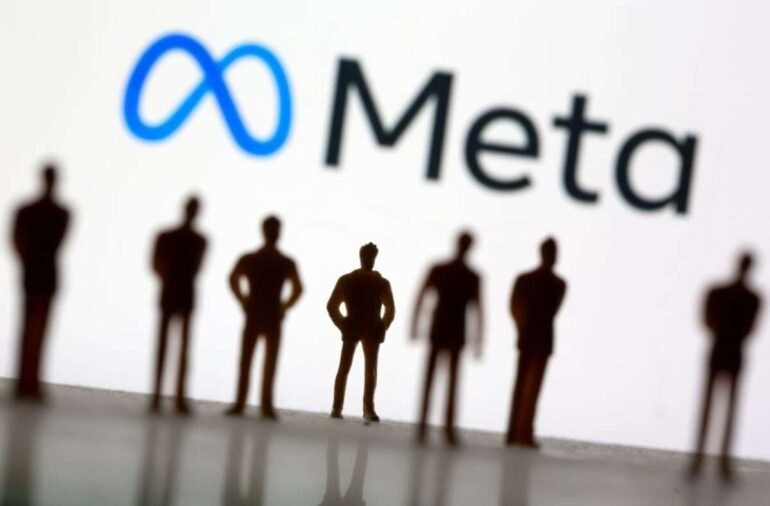TL;DR:
- Meta disbands the responsible AI division, redirecting team members to other roles.
- The generative AI product division takes center stage in Meta’s AI endeavors.
- Restructuring coincides with Meta’s “year of efficiency” and industry-wide focus on AI safety.
- Responsible AI division team members remain committed to responsible AI development.
- Meta introduces two AI-powered generative models, Emu Video and Emu Edit.
Main AI News:
In a strategic move, social media giant Meta has recently undergone a significant restructuring, leading to the dissolution of its responsible AI division. This division, previously tasked with regulating the development and deployment of artificial intelligence ventures, has seen its team members transition into other key roles within the company. Notably, some have joined the ranks of the generative AI product division, while others have become part of the AI infrastructure team.
The generative AI team at Meta, which was established in February, now takes center stage in the company’s AI endeavors. This team’s primary objective is to create products that have the capability to generate language and images, effectively mimicking their human-made counterparts. This shift comes in response to the tech industry’s substantial investments in machine learning development, as companies strive to stay competitive in the rapidly evolving field of artificial intelligence. Meta, among other Big Tech companies, is making a concerted effort to catch up with the AI boom that has reshaped the industry.
Meta’s restructuring is occurring in the context of Facebook’s parent company’s “year of efficiency,” a term coined by CEO Mark Zuckerberg during a February earnings call. This initiative has manifested as a series of company layoffs, team mergers, and redistributions aimed at optimizing operations and resources.
The increasing emphasis on AI safety is a driving force behind these changes. Industry leaders recognize the need to address potential risks associated with AI technology, especially in light of heightened scrutiny from regulators and officials. In July, Anthropic, Google, Microsoft, and OpenAI came together to form an industry group dedicated to establishing safety standards as AI continues to advance.
Despite the dissolution of the responsible AI division, team members have been strategically reallocated within the company. They remain unwavering in their commitment to advancing responsible AI development and usage, with a continued focus on ongoing investments in this critical area.
Meta’s recent initiatives also include the introduction of two AI-powered generative models. Emu Video, the first model, builds upon Meta’s earlier Emu model and can generate video clips based on text and image inputs. The second model, Emu Edit, specializes in image manipulation, offering greater precision in image editing. These innovations reflect Meta’s ongoing dedication to pushing the boundaries of AI technology and its applications.
Conclusion:
Meta’s restructuring, disbanding its responsible AI division and prioritizing generative AI, reflects the company’s commitment to staying competitive in the rapidly evolving AI landscape. This move aligns with the industry-wide focus on AI safety and the need for companies to adapt to changing regulatory landscapes. The introduction of AI-powered generative models showcases Meta’s dedication to pushing the boundaries of AI technology, potentially opening new avenues in the market for AI-driven content generation and manipulation.

